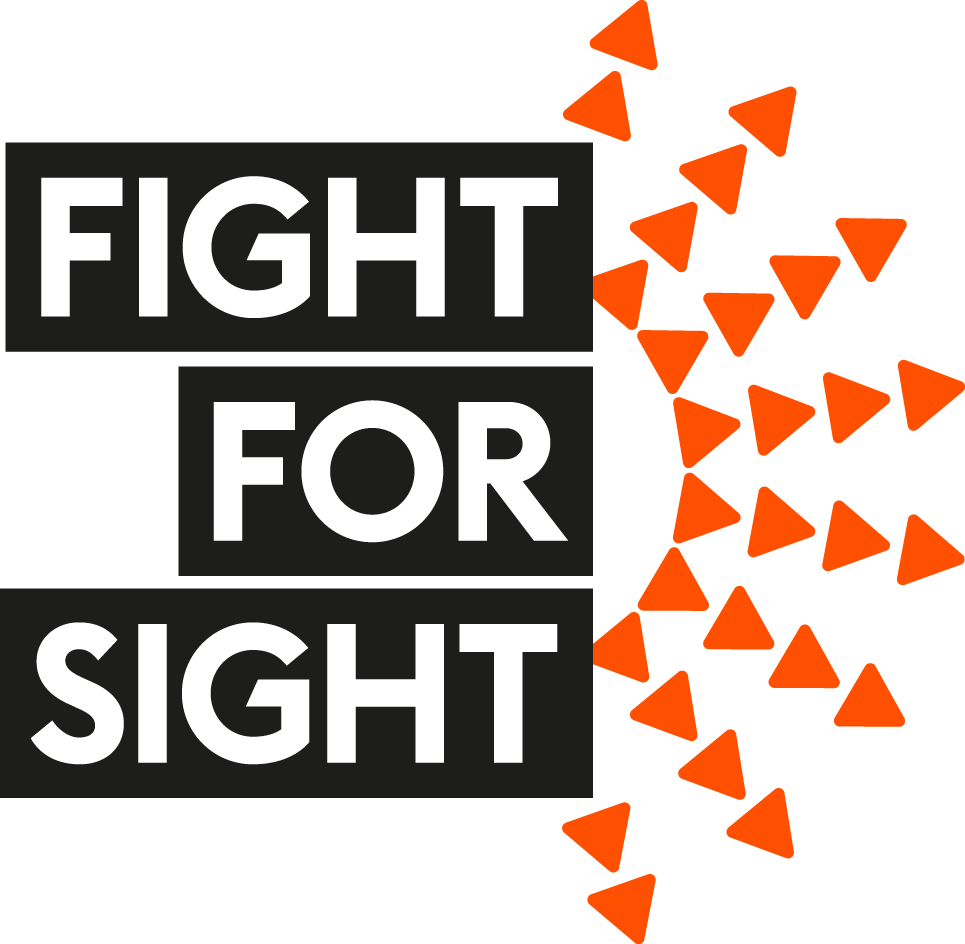Research Strategy
Our Vision and our Goals
We exist to Save sight. Change lives.
Our scientific research funding helps researchers to increase understanding of eye diseases and conduct studies addressing vision loss at critical stages of the patient pathway:
Understanding eye disease
We will increase the understanding of how eye diseases and conditions start and develop.
Prevention
We will develop new ways of preventing eye diseases and conditions.
Diagnosis
We will enable eye diseases and conditions to be detected earlier.
Treatment
We will develop new and improved treatments for eye diseases and conditions.
Funding scientific research
At Fight for Sight, we carefully consider how best to use our resources to have the maximum impact on people with vision loss.
During the period 2024-2029, we will continue to fund a thriving pipeline of vision researchers.
We will focus on capacity building, dissemination and impact, collaboration, and partnership and establish our Patient Public Involvement and Engagement (PPIE) strategy.
The downloadable document provides further information about our Research Strategy, funding opportunities, and working methods.
Download our research strategy
